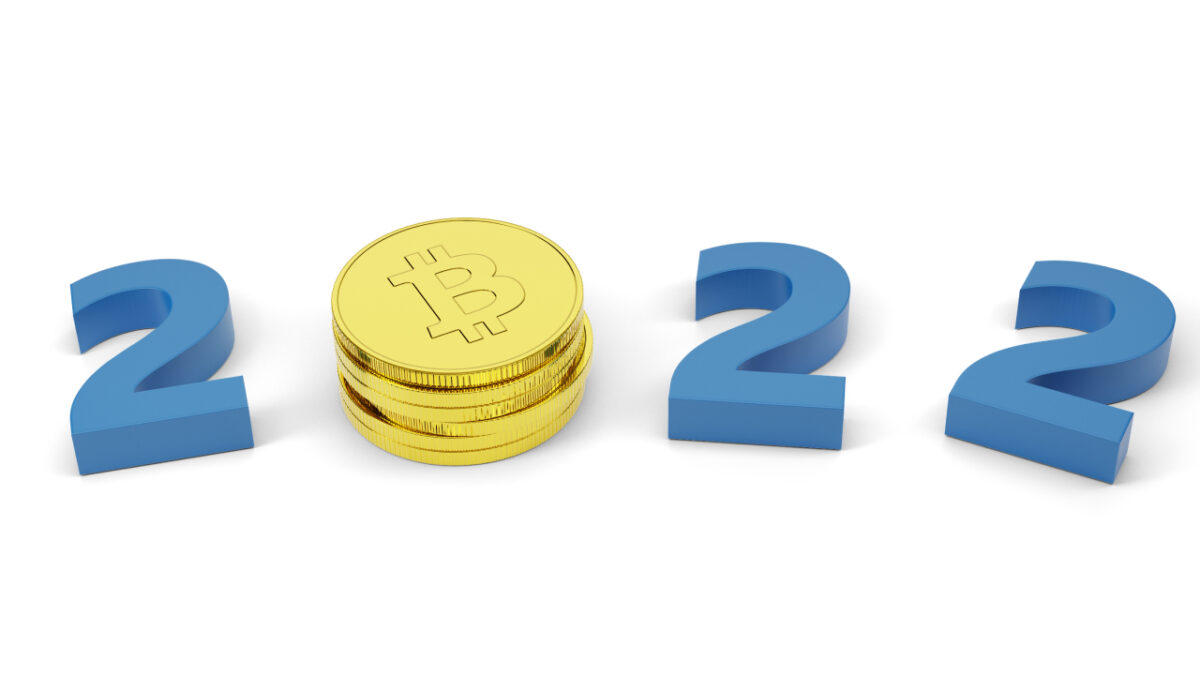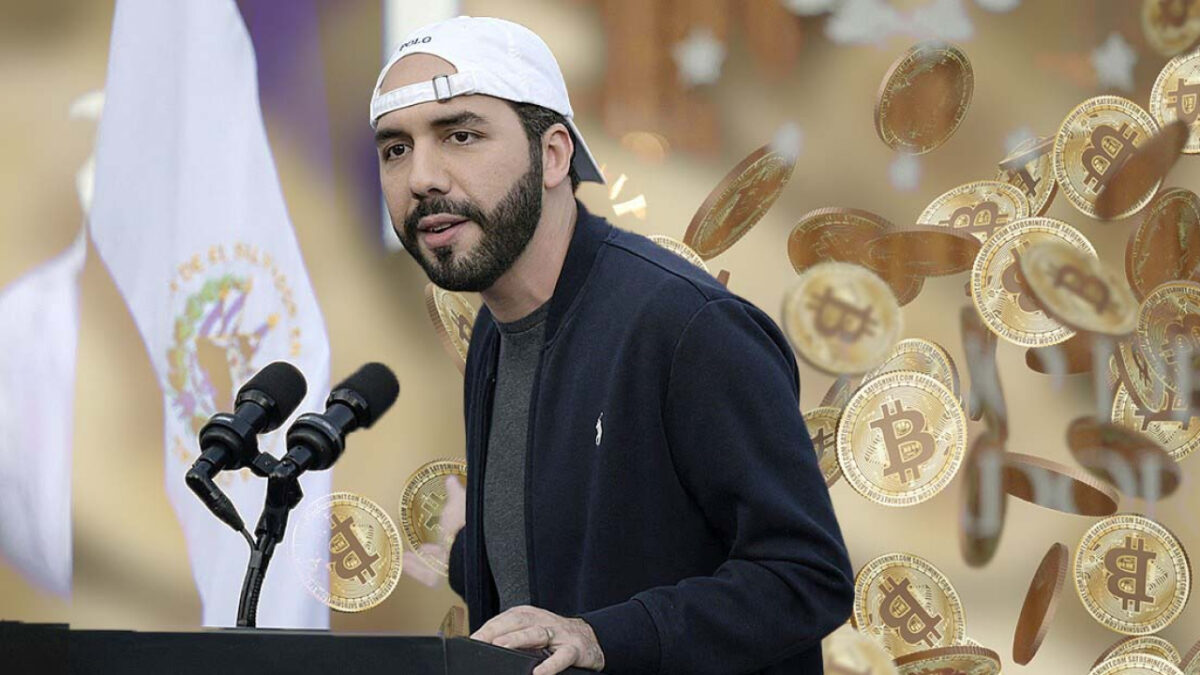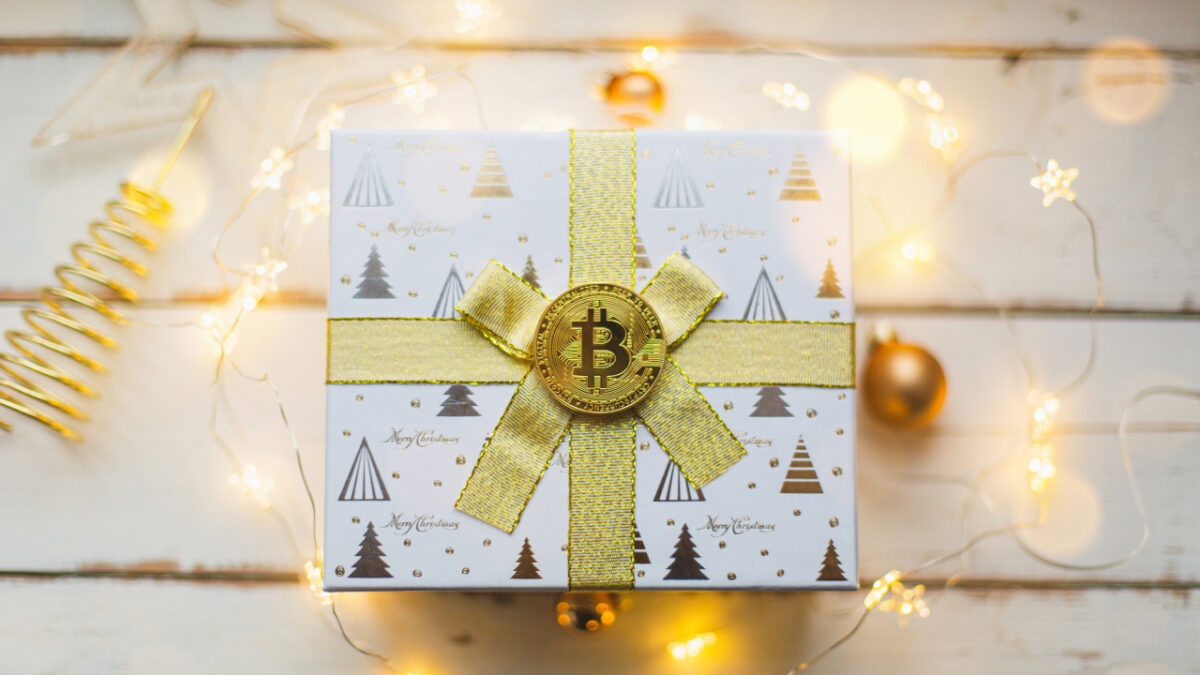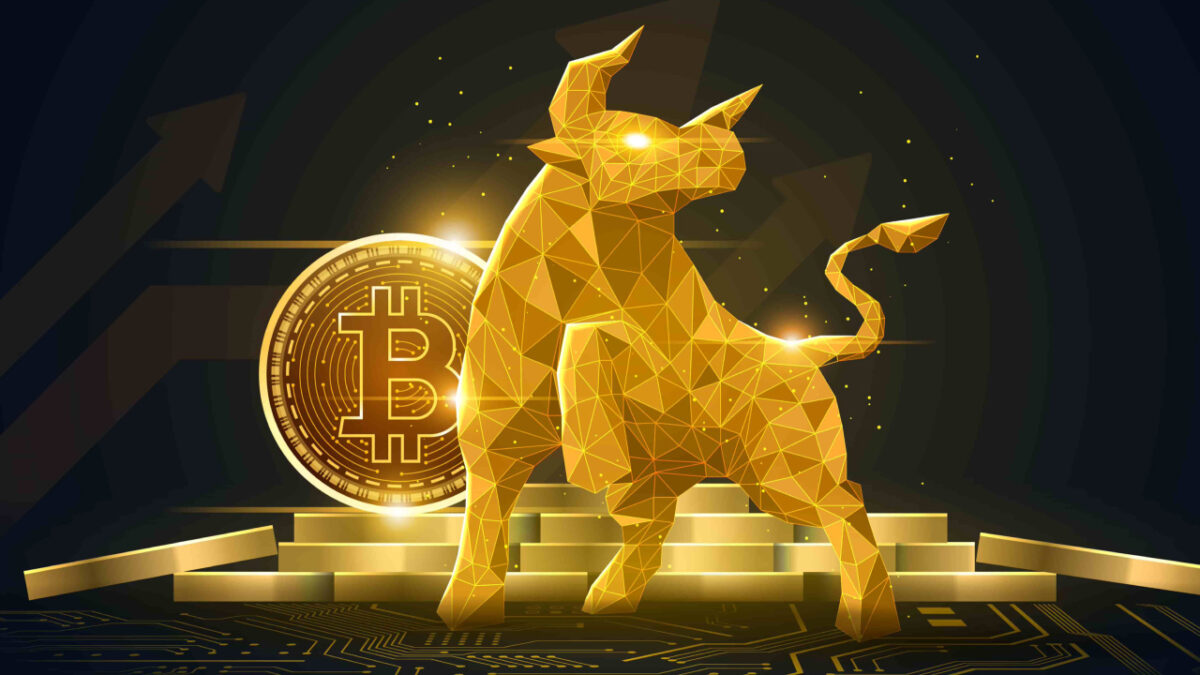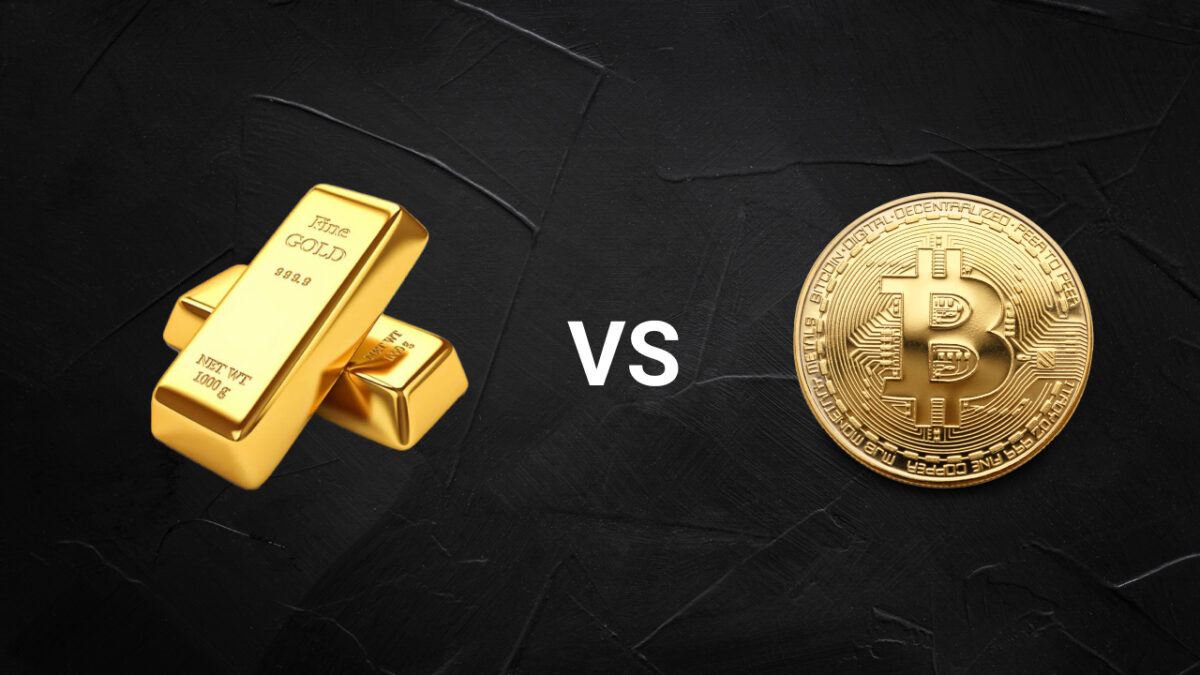Cryptocurrencies had a tumultuous yet profitable year in 2021. The crypto market capitalisation has tripled since January 1, from about $800 billion to around $2.2 trillion today, with some assets seeing massive price and user growth. And the gains were spread across the ecosystem, with Bitcoin and Ethereum accounting for just over 60% of the market valuation, down from 80%.
Furthermore, the continuous success of DeFi (decentralized finance) apps and non-fungible tokens (NFTs) suggests that the coming year will be even more beneficial.
As we enter 2022, here are five big crypto topics to keep an eye on.
1. Increased regulation
Because of (or perhaps because of) its decentralized structure and unregulated nature, the crypto sector has prospered thus far. However, many in the sector will tell you that they are open to laws as long as they are enforced fairly. Governments have been attempting to regulate cryptocurrencies in a way that hinders cybercriminals while increasing the safety of retail investors. China has demonstrated one (albeit unpopular) method of doing so by making crypto operations almost illegal within its borders, with the exception of those sanctioned by the government.
Crypto investors and entrepreneurs are hoping for a more moderate approach in the United States, where the Securities and Exchange Commission (SEC), the Commodity Futures Trading Commission (CFTC), and Treasury Department offices have all advocated for new rules. Regulations may result in clearer taxation guidelines for investors, as well as the opportunity to incorporate crypto investments into retirement funds. Furthermore, if well-known cryptocurrency trading platforms adapt to laws, they may help to increase adoption by offering an additional degree of security to investors.
2. The number of Bitcoin ATMs is increasing.
The intangibility of cryptocurrencies has long been a disadvantage; many people struggle to recognize Bitcoin as genuine money since they can’t see or touch it. People will be able to perceive digital assets as tangible financial tools now that Bitcoin ATMs are steadily becoming a reality in many regions of the world.
Since 2015, the number of Bitcoin ATMs has gradually increased, reaching new highs in 2021. According to Coin ATM Radar, there are more than 33,000 Bitcoin ATMs across the world today.
Bitcoin ATMs allow customers to buy bitcoins with their credit or debit cards. This makes cryptocurrencies extremely accessible to both cryptocurrency enthusiasts and newcomers. Individuals can simply carry out crypto transactions using Bitcoin ATMs, obviating the need for crypto brokers—though costs may cause people to hunt for better rates elsewhere.
3. Environmental improvements
The environmental impact of blockchain networks has been a focus for crypto doubters, and the issue has even plagued some crypto fans.
Bitcoin mining necessitates a significant amount of processing power, which consumes a significant amount of energy. Because coins that use proof of work for their mining process account for the majority of the cryptocurrency market cap, any significant change in energy costs in 2022 is improbable. Bitcoin mining not only has high energy expenses, but it also generates a lot of e-waste from discarded mining rigs.
Newer cryptocurrencies such as Cardano and Solana, on the other hand, have been praised for using a proof-of-stake approach that does not require a lot of energy. Furthermore, Ethereum which is the second-largest cryptocurrency by market capitalization is about to make the switch to proof-of-stake, which should encourage other cryptocurrencies to follow suit and make their operations much more environmentally friendly. Even if Bitcoin’s energy use does not improve, if the use of environmentally friendly crypto grows in 2022, it will be helpful to the Crypto space.
4. Continued Bitcoin price volatility
Bitcoin is by far the most popular cryptocurrency in the world, and its price is still the most widely regarded crypto market benchmark.
Bitcoin had a consistently turbulent performance in 2021, reaching an all-time high above $60,000 in April, then plummeting to less than $30,000 in July, then reaching a new all-time high of nearly $70,000 in November, before plummeting to its present level well below $50,000.
Given that the crypto market is not yet completely mature, such volatility—which Bitcoin bears point to when discounting the seriousness of the asset—is likely to continue far into 2022 and beyond.
Many smart traders enjoy Bitcoin because of its volatility, which allows for arbitrage opportunities. However many asset managers urge caution and encourage clients to only put 5% of their portfolio into crypto. Bitcoin investors should expect it to plummet as frequently as it surges. Bitcoin and other cryptocurrencies, according to crypto bulls, will remain volatile in the short term but will slowly increase in value over time, despite frequent sharp drops. As a result, investors must be patient and commit to a long-term vision, rather than fretting over temporary ups and downs.
5. Crypto ETF approvals
When BITO, the first Bitcoin futures ETF (exchange-traded fund), debuted on the New York Stock Exchange earlier this year, it drew about $1 billion in trades on its first day, putting it on track to set a new high. It was an immediate indication of investor demand in a crypto product that they could buy and trade on traditional exchanges, which had been building for some time.
However, BITO does not hold any Bitcoin; rather, it is a way for ordinary investors to gain exposure to Bitcoin futures rather than genuine Bitcoin. It’s not a “spot” exchange-traded fund. The SEC has been besieged with requests for ETFs based on current cryptocurrency prices, but none have ever been approved. However, based on the performance of BITO and the confidence that investors have in it, a Bitcoin spot ETF appears to be quite likely to pass in 2022 or very shortly after—along with prospective ETFs related to other cryptocurrencies, which may attract a flood of new retail investors.
